U.S. News
21 Foods That May Change Due to RFK Jr.’s War on Seed Oils
By Jake Beardslee · January 7, 2025

Here's a breakdown of 21 foods that could undergo major changes under Kennedy's seed oil crusade. Gage Skidmore / Wikimedia
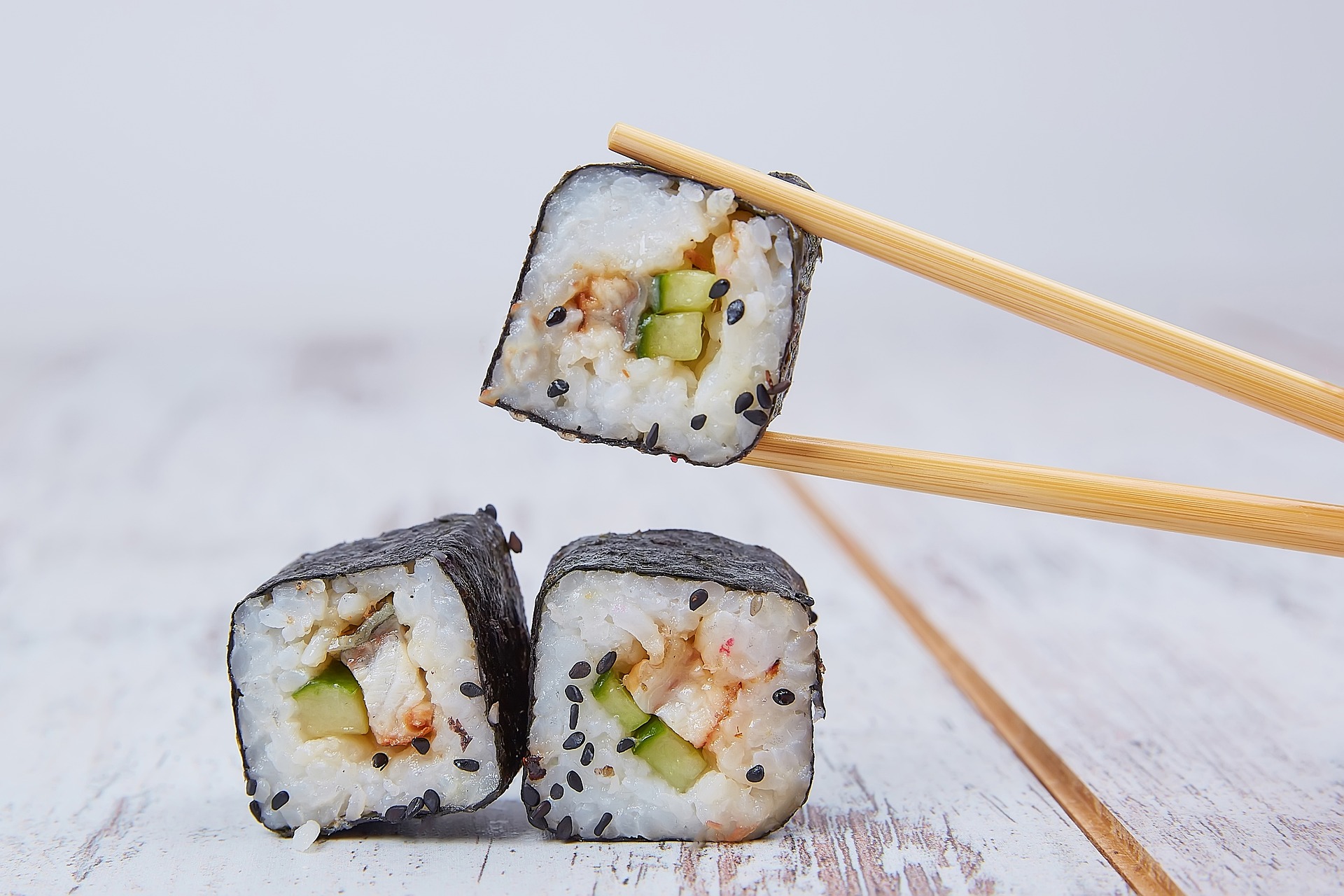
Pre-Packaged Sushi Rolls
Supermarket sushi often uses seed oils in the seasoning for rice and soy sauce. Reformulating with sesame or avocado oil could enhance the authentic flavor while adhering to Kennedy’s health-conscious vision. However, such alternatives may be costlier, potentially making pre-packaged sushi less affordable for consumers and straining supply chains for specialty oils. Adamsov / Pixabay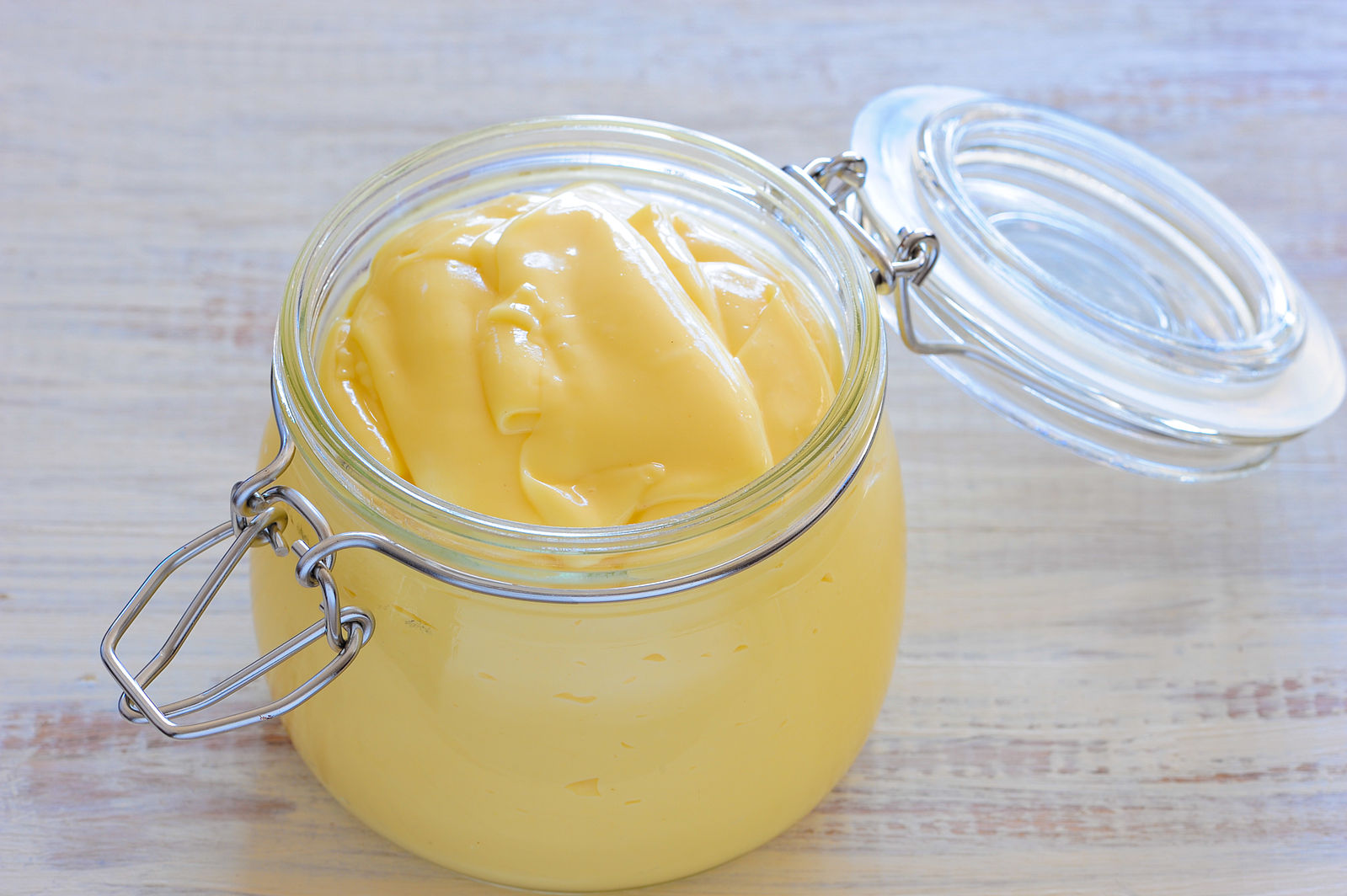
Mayonnaise
Mayonnaise, a staple condiment in many households, often relies on soybean or canola oil for its creamy consistency. Under Kennedy’s initiative, we could see a shift toward healthier alternatives like avocado oil, which not only avoids potential inflammatory properties of seed oils but also adds a richer, nutty flavor. Yet, such a change would likely drive up production costs, leaving small brands at a disadvantage and making this staple condiment pricier for households. Jules / Wikimedia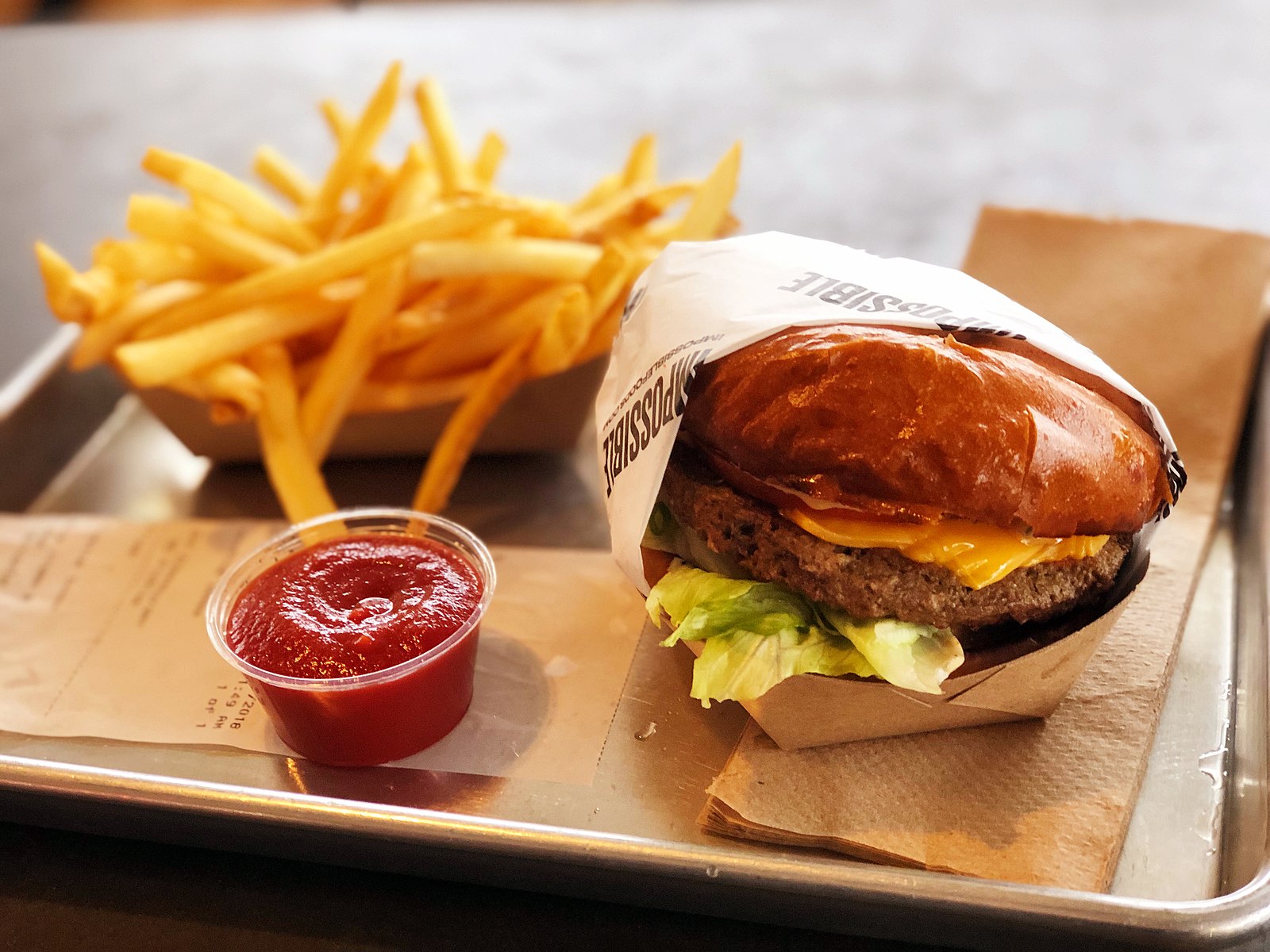
Plant-Based Meats
Many plant-based meat products are heavily reliant on seed oils for texture and flavor. Reformulating with coconut oil, avocado oil, or other natural fats could cater to consumers who want healthier plant-based options without sacrificing taste. However, the environmental impact of alternatives like coconut oil, coupled with potentially higher production costs, could undercut the sustainability claims of plant-based meats. Missvain / Wikimedia
Margarine
Once hailed as a “healthy” butter substitute, margarine has long been criticized for its reliance on hydrogenated oils. Kennedy’s push for traditional fats like butter and ghee could lead to a decline in margarine sales. While this may improve taste and nutrition, it could exclude those avoiding animal products and raise concerns about the environmental impact of higher dairy demand. congerdesign / Pixabay
Salad Dressings
Bottled salad dressings are notorious for containing a mix of seed oils and artificial stabilizers. A reformulation prioritizing olive or avocado oil would elevate their nutritional profile while adding depth to flavors. While these alternatives might come at a premium, they could also make healthier dressings prohibitively expensive for budget-conscious shoppers. JillWellington / Pixabay
Restaurant Fryers
Fast food and restaurant kitchens could face significant changes if Kennedy’s advocacy for beef tallow catches on. Once the standard for frying, tallow could replace seed oils, bringing back the rich, savory flavors of fried foods from decades past. This shift could appeal to foodies nostalgic for traditional cooking methods, but it may alienate vegetarians and vegans while increasing cholesterol concerns for some consumers. planet_fox / Pixabay
Powdered Coffee Creamers
Non-dairy creamers often include seed oils to create a creamy texture. Healthier alternatives could use powdered coconut milk or butter powder, appealing to consumers who want a cleaner, more natural coffee addition. However, the shift might increase production complexity and costs, potentially reducing the convenience and affordability of powdered creamers. shixugang / Pixabay
Pancake Mixes
Boxed pancake mixes often use seed oils for moisture retention. Reformulating with powdered butter or coconut oil could inspire healthier breakfast options but may lead to increased prices and require consumers to adjust to differences in taste and texture. Leolo212 / Pixabay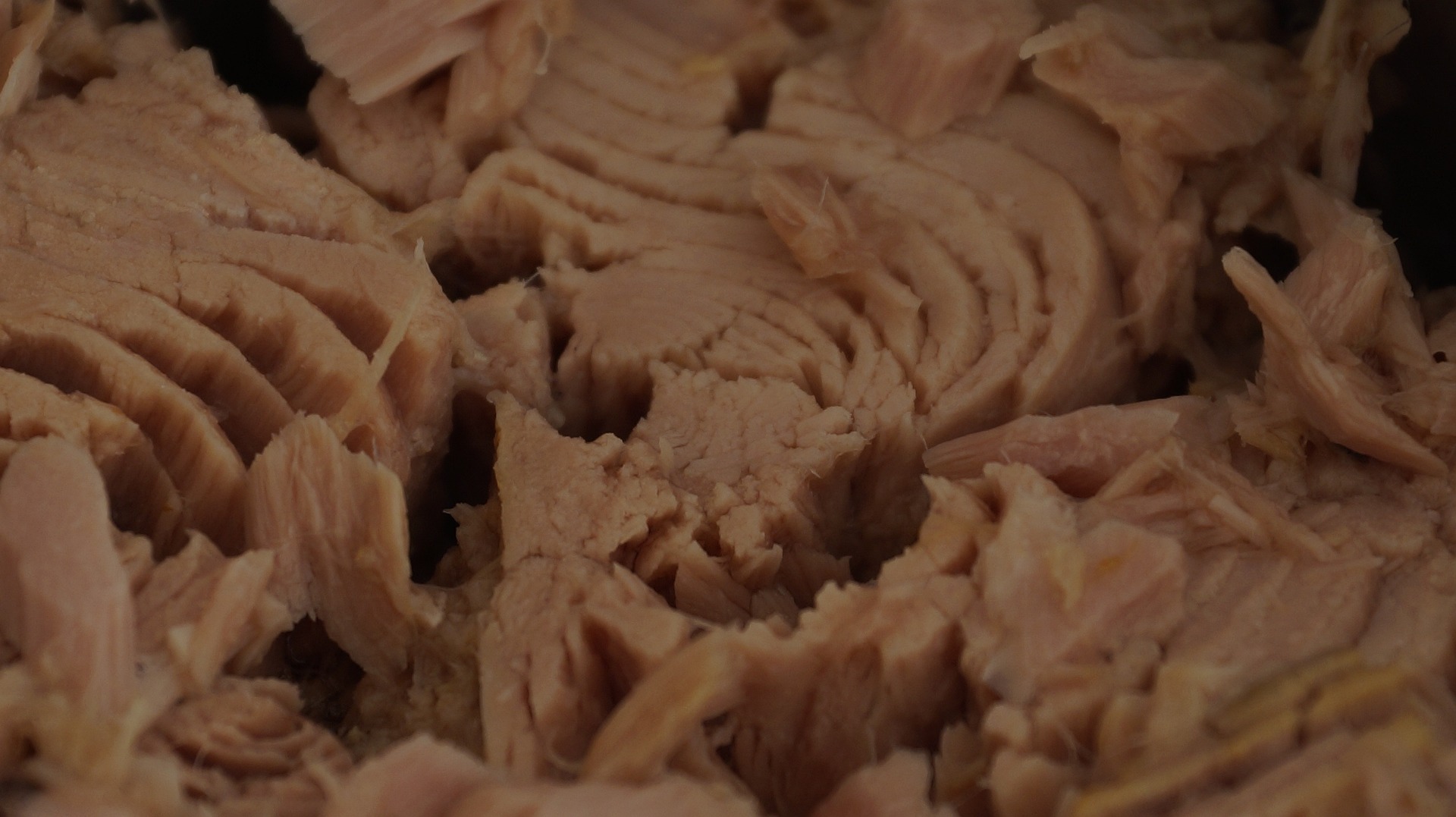
Canned Tuna
Canned tuna packed in soybean or vegetable oil has long been a pantry staple. Healthier alternatives like olive oil or water-packed varieties could dominate shelves, providing cleaner options that enhance the natural flavor of the fish while aligning with Kennedy’s vision. However, these changes could drive up prices and limit availability, particularly for budget-conscious shoppers. Taken / Pixabay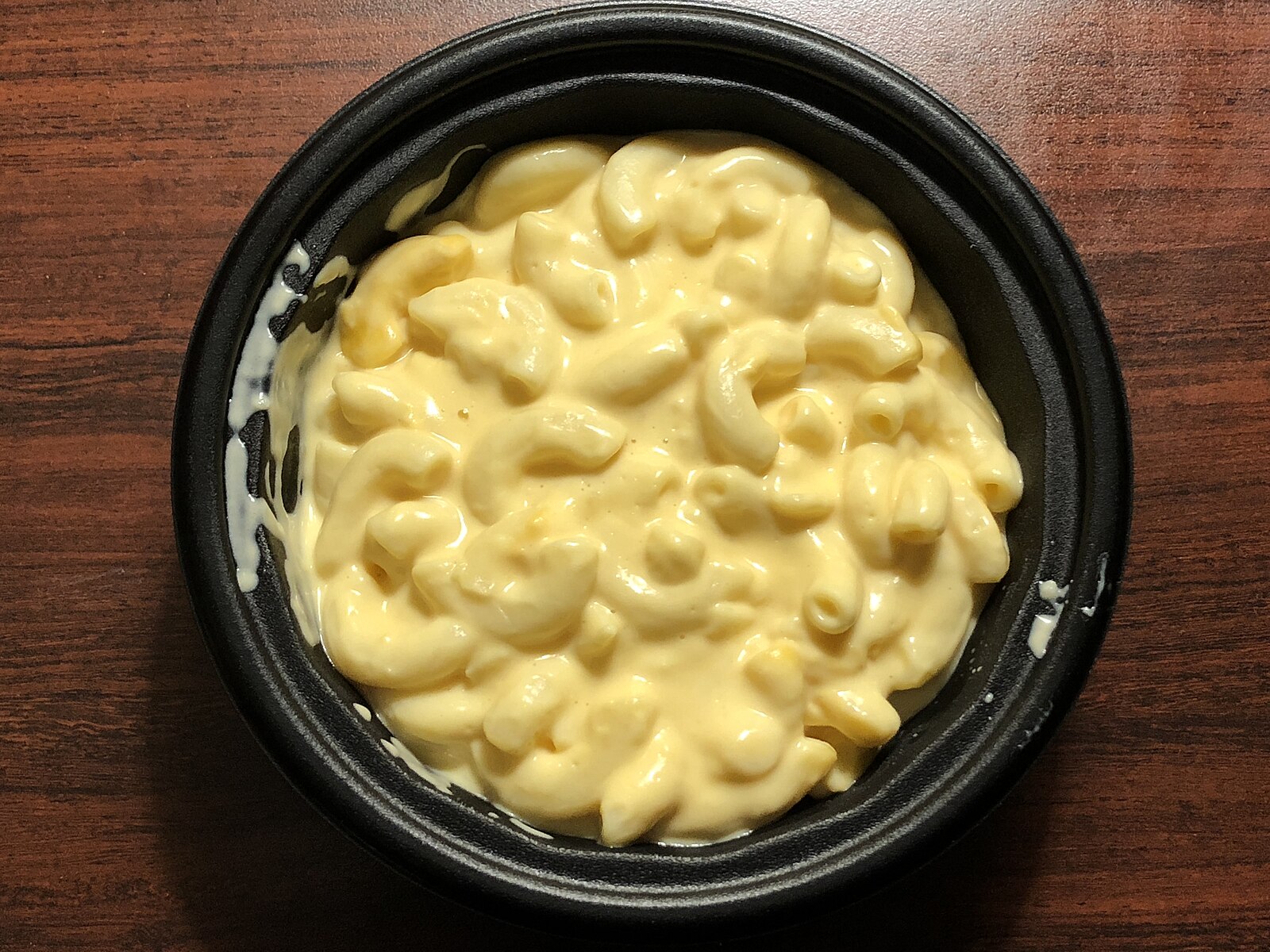
Boxed Mac and Cheese
The cheesy sauce in boxed mac and cheese relies on seed oils for its creamy texture. Reformulations using butter or ghee could result in a richer, more authentic taste while eliminating unhealthy fats. This could reduce the affordability and convenience of a popular comfort food. Famartin / Wikimedia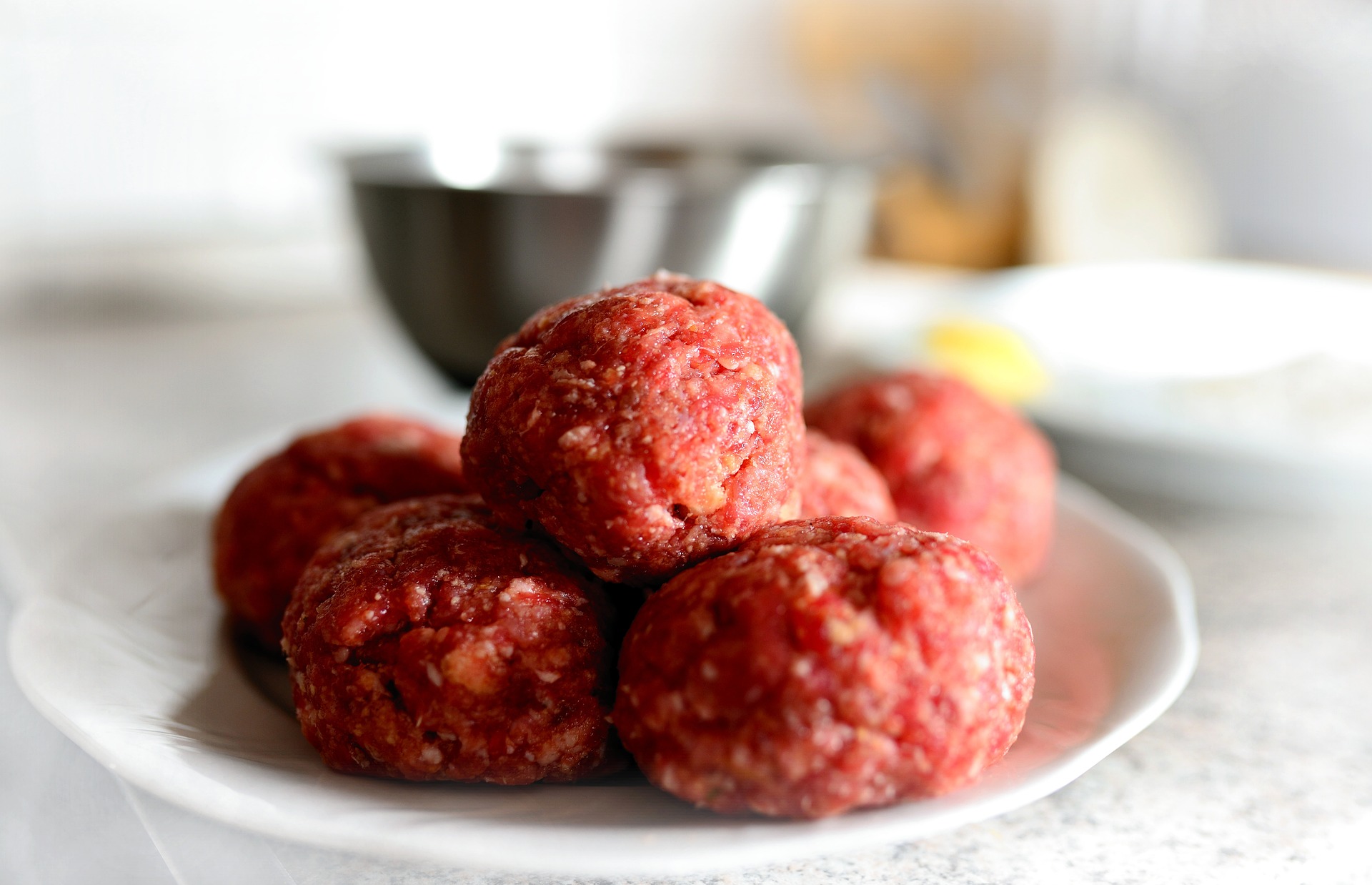
Frozen Meatballs
Many frozen meatballs are seasoned and bound with seed oils to maintain texture. Switching to traditional fats like olive oil could enhance flavor while appealing to consumers seeking less processed, cleaner ingredients. congerdesign / Pixabay
Canned Pie Fillings
Replacing seed oils in canned pie fillings with ingredients like chia seeds or arrowroot powder could create more natural products. However, these changes may drive up prices and reduce accessibility, making them less attractive for budget-conscious bakers. Einladung_zum_Essen / Pixabay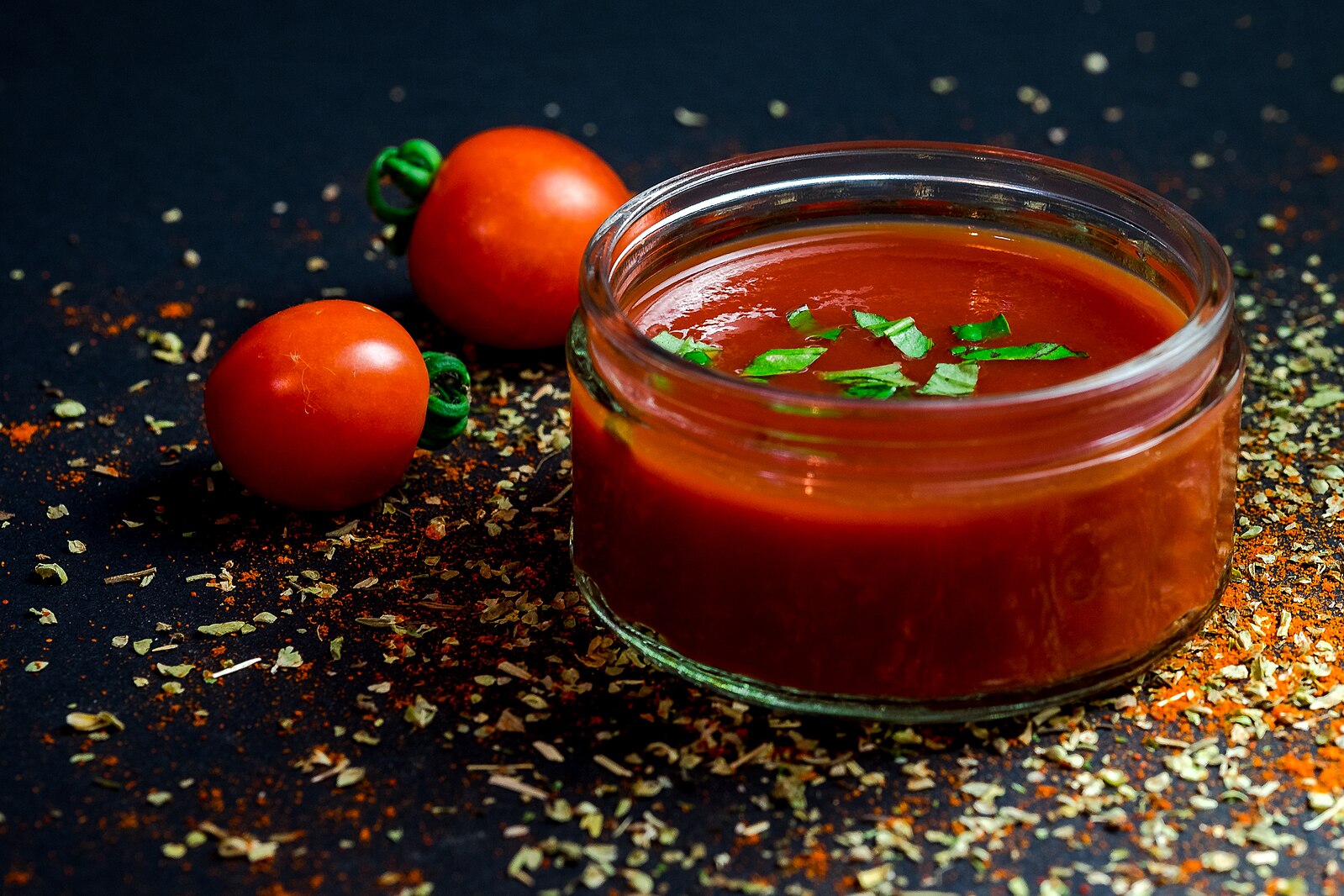
Pasta Sauces
Jarred pasta sauces frequently contain soybean or canola oil as a base. Replacing these with olive oil could enhance the flavor and nutritional value, bringing a Mediterranean flair back to Italian favorites. However, small producers might struggle to keep up with the reformulation, narrowing consumer options. Dennis Klein klein2 / Wikimedia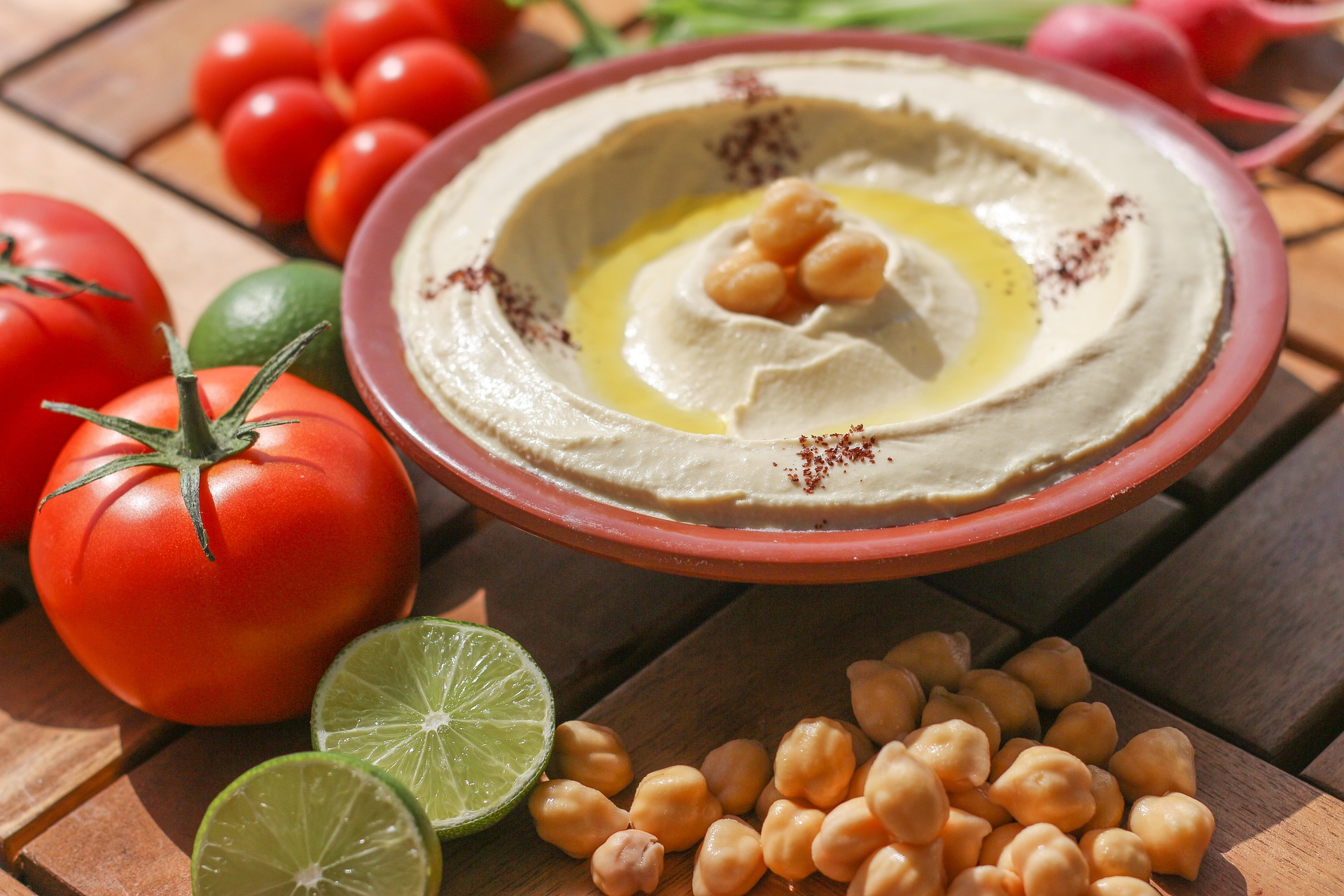
Dips and Spreads
Popular dips like hummus or spinach-artichoke dip often include seed oils to achieve a creamy consistency. Switching to tahini or olive oil could provide a richer, healthier alternative that still satisfies. This might also increase production complexity and cost, leading to higher retail prices. luckyhand2010 / Pixabay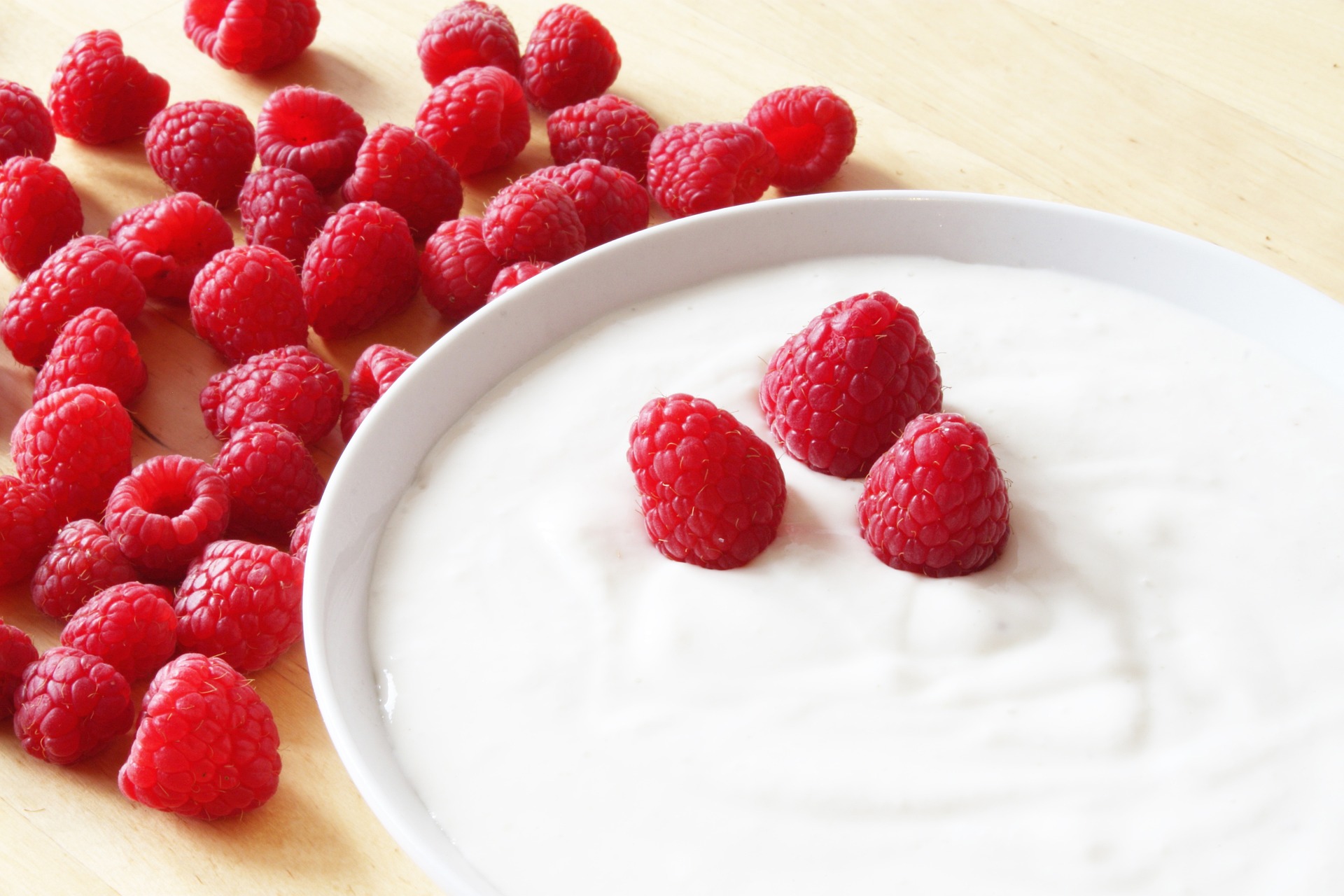
Flavored Yogurts
Some flavored yogurts use seed oils in their fruit blends for consistency. Reformulating with natural thickeners like pectin or chia seeds could provide a cleaner, more health-conscious option. While healthier, these changes might increase costs and alter the texture, potentially impacting consumer appeal. Schäferle / Pixabay
Chocolate Spreads
Chocolate hazelnut spreads frequently use seed oils to maintain their smooth texture. Replacing seed oils in chocolate hazelnut spreads with coconut oil or cocoa butter could result in a richer product, but it would likely be more expensive. This could make these spreads less accessible for everyday use. sipa / Pixabay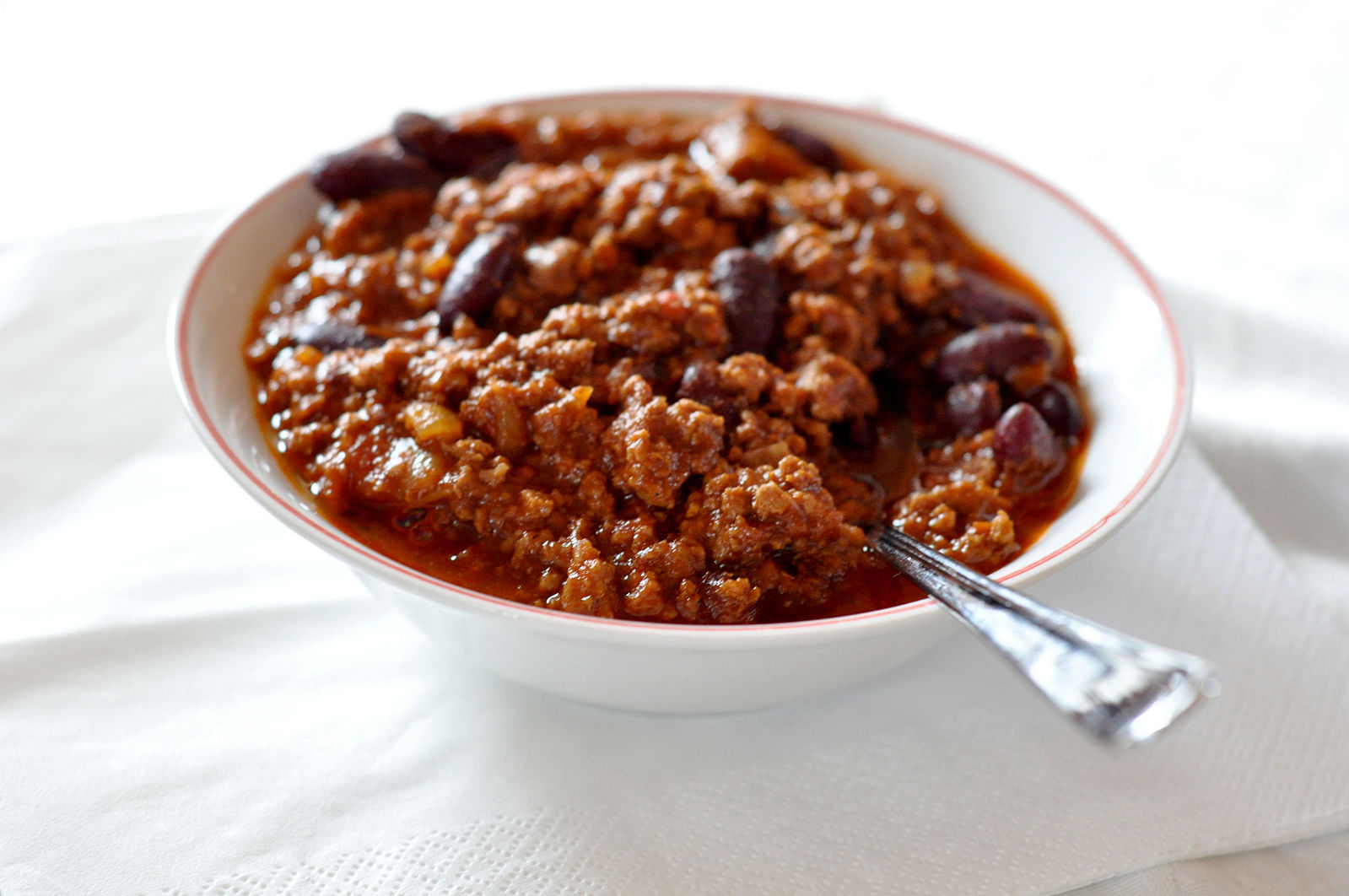
Canned Chili
Canned chili often includes seed oils for texture and to keep spices suspended evenly. Reformulating with animal fats like beef tallow could create a heartier, more flavorful chili that feels closer to homemade. However, this shift could alienate vegetarians and increase cholesterol concerns, limiting its appeal to health-conscious consumers. cyclonebill / Wikimedia
Breakfast Cereals
Many cereals use seed oils for their crunch and coating. Swapping seed oils for coconut or palm oil in cereals could align with Kennedy’s health goals but may lead to higher prices and environmental concerns over palm oil’s sustainability. ponce_photography / Pixabay
Protein Powders
Many protein powders use seed oils to improve their mixability and texture. Removing seed oils from protein powders could cater to health-conscious consumers, but it might increase production costs and limit mixability, making the product less convenient. dronepicr / Wikimedia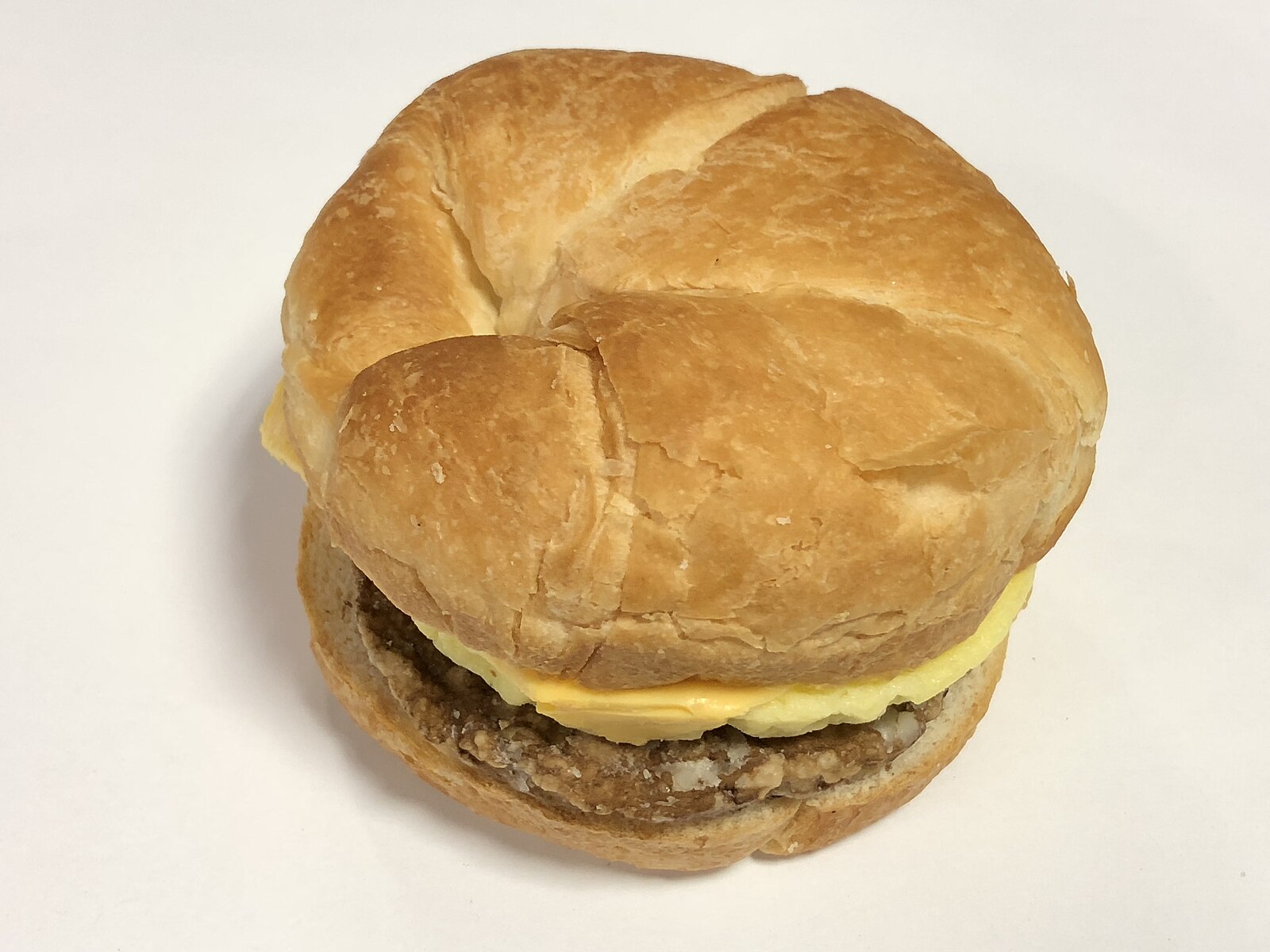
Frozen Breakfast Sandwiches
Frozen breakfast sandwiches often rely on seed oils in both the biscuit and egg patty. Switching to butter or ghee in frozen breakfast sandwiches could improve taste and nutrition but might lead to higher costs and reduced convenience, particularly for busy consumers. Famartin / Wikimedia
Packaged Sauces and Gravies
Pre-made sauces and gravies often rely on seed oils as thickeners. Replacing seed oils in packaged sauces and gravies with traditional fats like butter could elevate flavor but might drive up prices and reduce shelf stability, affecting their practicality for everyday cooking. andreinanacca / Pixabay